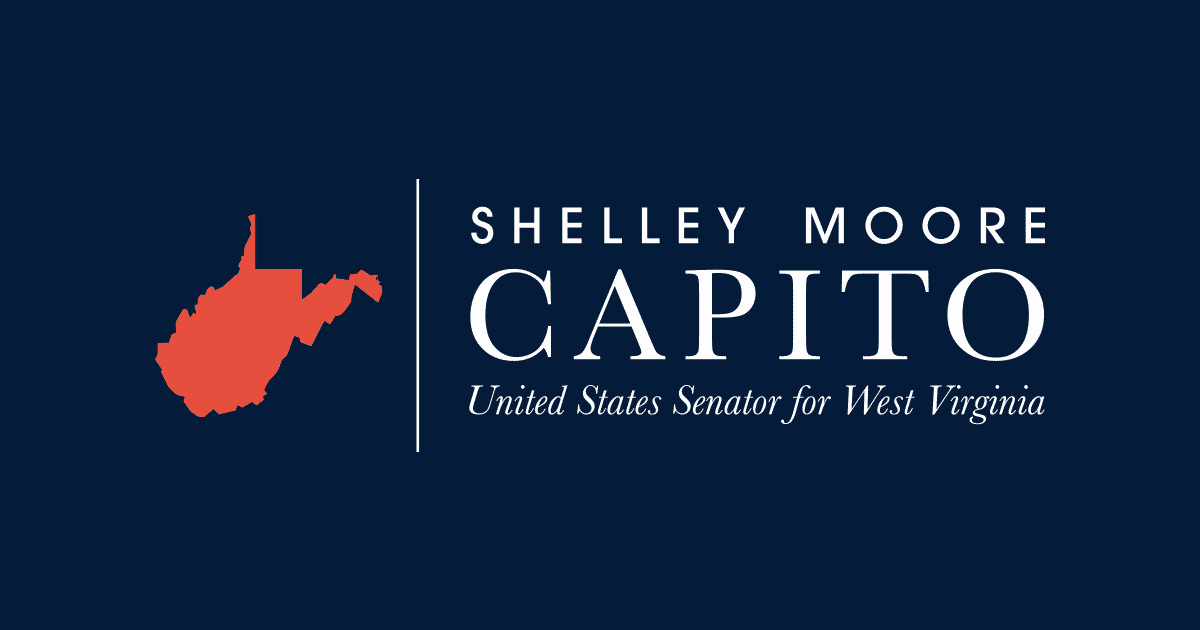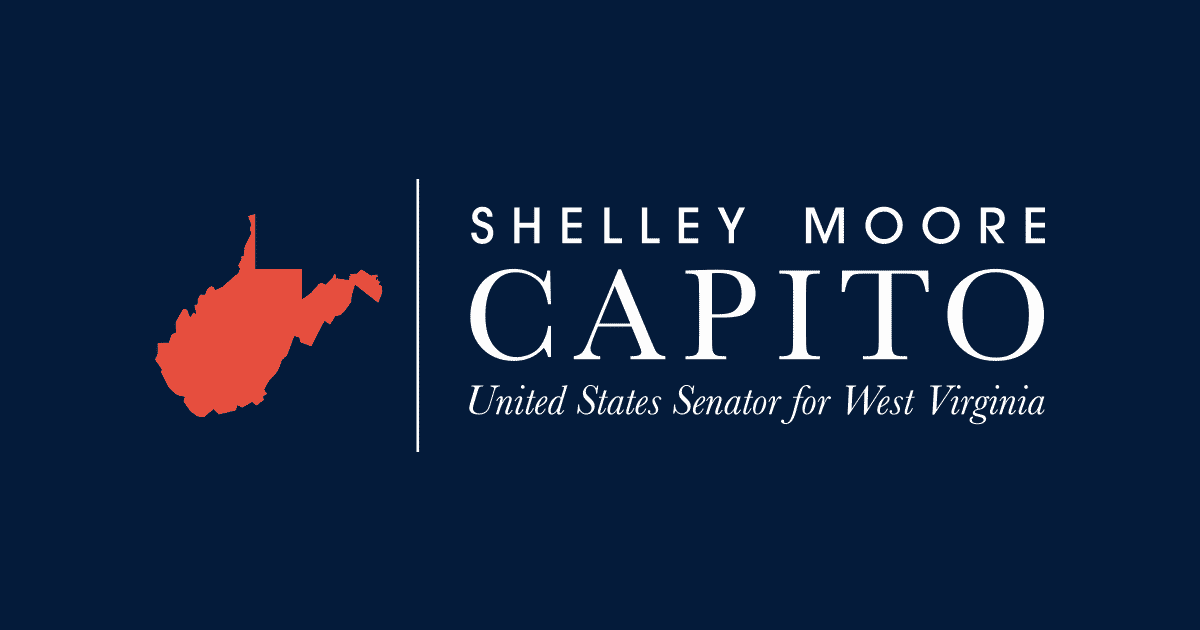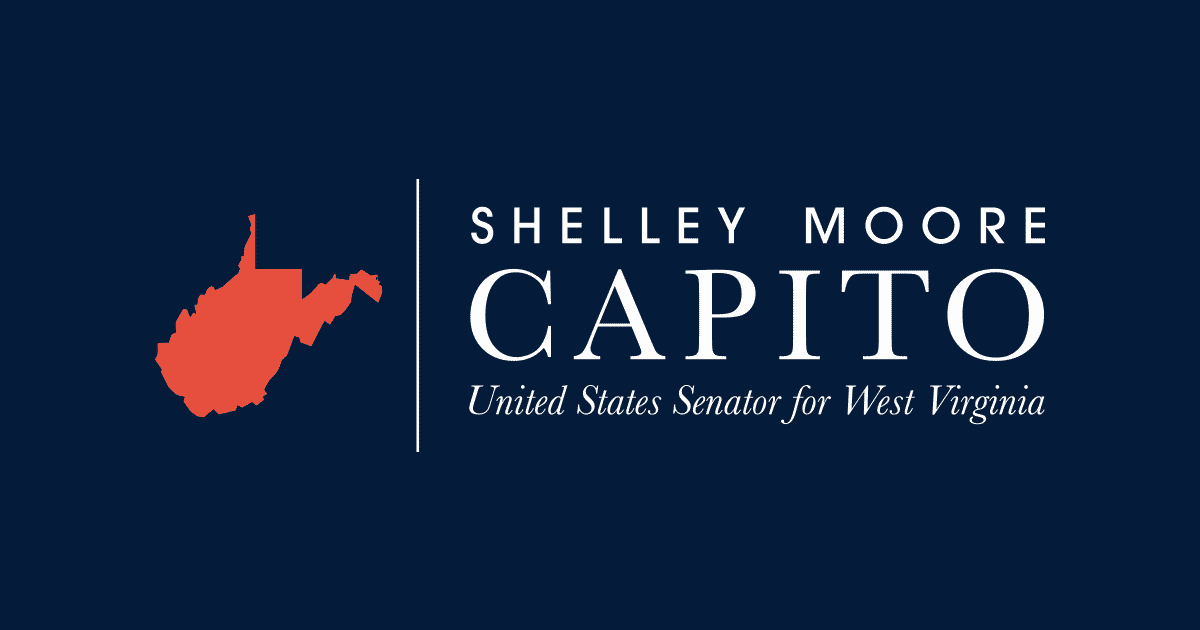Source: United States Senator for New York Kirsten Gillibrand
June 08, 2021
New Legislation Includes $10 Billion Investment To Protect Military Communities From Toxic PFAS Chemicals; New Data Shows Little To No Progress Has Been Made To Clean Up Most Contaminated Military Bases
Today, U.S. Senator Kirsten Gillibrand introduced two much needed pieces of legislation, the Clean Water for Military Families Act and the Filthy Fifty Act, directing the Department of Defense (DOD) to identify and clean up per- and polyfluoroalkyl substances (PFAS) at U.S. military installations with some of the highest detections across the country. Rep. Jackie Speier (D-Calif.-14) will introduce both measures in the House.
The hundreds of contaminated military sites across the country jeopardize the health, safety, and well-being of military communities who have suffered from exposure to PFAS pollution and toxic drinking water. The military’s heavy use of a firefighting foam, widely known as aqueous film-forming foam (AFFF), has resulted in widespread PFAS contamination around military sites. Yet no cleanup actions have been completed for the bases with the highest PFAS detections, harming the communities who live nearby.
New York State has some of the most contaminated military installations in the country. They include:
- Niagara Falls Air Reserve Station
- Plattsburgh Air Force Base
- Hancock Field Air National Guard Base
- Stewart Air National Guard Base
“Our service members risk their lives to keep us safe, and Congress has a duty to protect their health overseas and at home. We have seen the harmful effects of these toxic chemicals in New York and across the country. There is a clear link between the use of PFAS firefighting foam on military bases and dangerous levels of PFAS in the drinking water of the surrounding communities,” said Senator Gillibrand. “The Filthy Fifty Act and Clean Water for Military Families Act would help clean up military bases with some of the highest rates of PFAS contamination and address this urgent public health and environmental issue plaguing these communities.”
“American service members make sacrifices every day for the health of our nation, and now it’s time for Congress to step up and protect the health of our service members,” said Senate Majority Leader Charles E. Schumer. “Military families in New York and across the country have been being exposed to toxic PFAS contaminations on military bases. That’s why I’m proud to co-sponsor The Filthy Fifty Act and Clean Water for Military Families Act, which will direct the Department of Defense to identify and clean up PFAS on military installations with some of the highest detections. This legislation is another important step in curbing the toxic and dangerous problem affecting military bases, service members and their families, as well as the surrounding communities.
“Although the Defense Department has known that toxic PFAS have been building up in the blood of service members and residents of defense communities for decades, the PFAS plumes flowing from these facilities have not been cleaned up,” said EWG Senior Vice President for Government Affairs Scott Faber. “Congress needs to give the Defense Department clear marching orders: Clean up PFAS pollution. Thanks to the leadership of Sen. Gillibrand and Sen. Padilla, DOD will now have the deadlines and resources needed to protect our service members, their families, and their neighbors from these toxic “forever” chemicals.”
The Filthy Fifty Act would help expedite the testing, cleanup, removal, and remediation of PFAS at all U.S. military installations and State-owned National Guard facilities by setting testing and cleanup deadlines for PFAS remediation at the most contaminated DOD sites in the country. The bill establishes a list of “priority installations” with 50 bases in the U.S. that have among the highest detections of PFAS.
The Clean Water for Military Families Act would require the Department of Defense to conduct investigations and remediate PFAS contamination at and surrounding DOD installations in the U.S. and state-owned National Guard facilities. Specifically, the bill authorizes a one-time, $10 billion investment for the investigations and clean-up to ensure military families have access to clean, pollutant-free drinking water.
In recent years, Congress has passed legislation requiring DOD to phase out the use of AFFF firefighting foams containing PFAS. While this is a vital step to ensuring DOD adopts PFAS-free alternatives going forward, it does not address DOD’s legacy pollution. A full timeline of DOD’s history with PFAS can be found here.
As a senior member of the Senate Armed Services Committee, Senator Gillibrand has been a leader in the fight to support victims of PFAS exposure and ending the use of these toxic chemicals. She has called for a national ban on toxic PFAS chemicals and continues to push the Environmental Protection Agency (EPA) to combat environmental contamination. Gillibrand fought to include provisions in the final Fiscal Year 2020 (FY20) National Defense Authorization Act (NDAA) — passed by Congress and signed into law by the President — that would protect communities from toxic PFAS exposure. The first of those provisions included is her bipartisan bill, the PFAS Release Disclosure Act that publicly identifies the sources of PFAS emissions. Specifically, it requires the Environmental Protection Agency (EPA) to create a clear process to add PFAS chemicals, including perfluorooctanoic acid (PFOA) and perfluorooctane sulfonic acid (PFOS) — two of the most pervasive PFAS chemicals with scientifically demonstrated health effects — to the Toxic Release Inventory (TRI), a centralized database of environmental releases of toxic chemicals. These requirements improve the availability of information related to the emissions of PFAS and help to identify the potential sources of PFAS emissions in the environment. The second provision is an amendment she co-sponsored that prohibits the Department of Defense from procuring firefighting foam that contains PFAS.
Senator Gillibrand’s Filthy Fifty Act is cosponsored in the Senate by Majority Leader Chuck Schumer (D-NY), U.S. Senate Majority Whip Dick Durbin (D-Ill.) and Senators Padilla (D-Calif.), Elizabeth Warren (D-Mass.), Ed Markey (D-Mass.), Dianne Feinstein (D-Calif.), Cory Booker (D-N.J.), Jeanne Shaheen (D-N.H.), Chris Van Hollen (D-Md.), and Debbie Stabenow (Mich.).
The Clean Water for Military Families Act, led by Senator Padilla (D-CA), is cosponsored in the Senate by Senator Gillibrand (D-N.Y.), Majority Leader Chuck Schumer (D-N.Y.), U.S. Senate Majority Whip Dick Durbin (D-Ill.) and Senators Chris Van Hollen (D-Md.), Elizabeth Warren (D-Mass.), Ed Markey (D-Mass.), Jeff Merkley (D-Ore.), Bernie Sanders (I-Vt.), Cory Booker (D-N.J.), Dianne Feinstein (D-Calif.), Jeanne Shaheen (D-N.H.), and Debbie Stabenow (Mich.).
The Filthy Fifty Act is endorsed by the Environmental Working Group. The Clean Water for Military Families Act is endorsed by the Environmental Working Group, Earthjustice, the League of Conservation Voters, Commissioned Officers Association of the U.S. Public Health Service, Inc. (COA), and The Committee to Bridge the Gap.
Read the text of the Filthy Fifty Act HERE.
Read the text of the Clean Water for Military Families Act HERE.
A one-pager on the Clean Water for Military Families Act can be found HERE.







